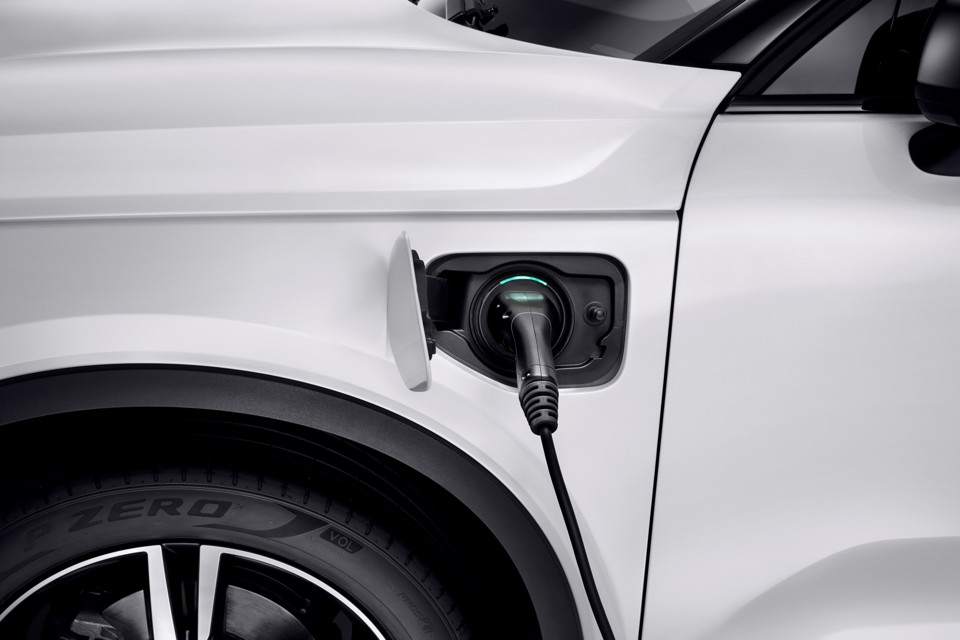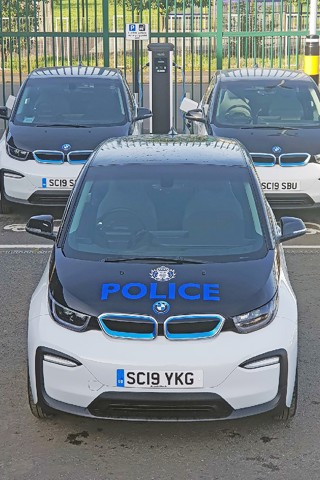Fleets are ordering electric vehicles (EVs) in increasing numbers, but the latest company car registration figures show a dramatic decline in the overall market.
The UK’s largest vehicle leasing company, Lex Autolease, says it has seen a 144% surge in zero-emission vehicle orders since the start of 2020.
The number of electric cars and vans across its fleet grew by more than 1,500 in the 10 months from January to October 2020.
The growing interest in plug-in vehicles is also reflected in new figures from the Society of Motor Manufacturers and Traders (SMMT), which show that 86,291 pure electric cars were registered between January and November 2020, up from 37,850 during the whole of 2019.
Diesel sales, while still substantially higher, fell sharply over the same period – down 58%, from 583,488 in 2019 to just 246,389 so far this year.
The same figures from the SMMT also show a dramatic year-on-year decline in fleet and business registrations in November.
There were 94,465 company cars registered to fleet and business in November 2019, some 24,844 fewer than last month – a 26% decline.
Year-to-date, company car registrations are down by more than 33%, with 400,000 fewer company cars registered so far this year compared to last.
Overall, the UK new car market also declined last month, as registrations in November fell 27.4% year-on-year, or 42,840 units. So far this year, almost 1.5 million new cars have been registered, compared to 2.1 million in the first 11 months of 2019.
Andrew Burn, head of Automotive at KPMG UK, said: “Given the latest lockdown, the new car registration figures for November come as no surprise, with yet another tough month for the sector."
However, he said the positive news is hybrid and EV sales, with market share having grown to 36.9%, while diesel has fallen to 14%.
“With the recent Government announcements around the 2030 targets, I expect this trend to continue and for market share to keep building,” said Burn.
“Looking ahead, carmakers will be hoping for a positive Christmas period to give the sector a boost prior to seeing the impact of Brexit in January.”
Lex Autolease EV orders
Figures from Lex Autolease show that the number of electric cars and vans across its fleet grew by more than 1,500 in the 10 months from January to October 2020, with business customers placing orders for a further 1,171 EVs to be delivered in the next few months.
"There’s been a sea-change for firms during 2020 with (EV) adoption levels rising apace," Richard Jones, Lex Autolease
At the start of 2020, firms in the business services sector accounted for almost half (47%) of the total EV fleet, a figure which has now decreased to 27% by the end of October as retail, construction and advertising/media/publishing firms have ramped up their transition to EVs.
These sectors are now at the forefront of EV adoption with the biggest percentage increase in EV orders since January 2020, says Lex Autolease.
The most popular electric car model among Lex’s business customer base by far is the Tesla 3 (942 cars by end of October 2020), followed by the Kia E-Niro (243 cars) and BMW I3 (151).
Richard Jones, managing director of Lex Autolease, said: “The environmental and cost-saving benefits of making the switch to electric vehicles are widely publicised, but its empty rhetoric unless it actually drives behavioural and business change.
“Thankfully, these latest figures suggest that there’s been a sea-change for firms during 2020 with adoption levels rising apace, despite the difficulties of the pandemic.”
Jones concluded: “There’s been much made of ‘a green recovery’ as the country deals with the ongoing impacts of the pandemic. It seems, at least from a fleet perspective, that many firms are seizing the opportunity to reduce their emissions and drive down their motoring costs.
“However, there remains an uphill climb ahead of us and there’s work to be done if we’re to keep up the momentum of 2020.
“The leasing market has a critical role to play in supporting the UK’s net zero ambitions, but sustained fiscal support to incentivise EV uptake and significant investment in the UK’s charging infrastructure are also sorely needed.
“There also needs to be continued progress towards electricity generation being dominated by renewables. Only then will the Government’s ambitious Road to Zero strategy be a realistic prospect.”




























Login to comment
Comments
No comments have been made yet.